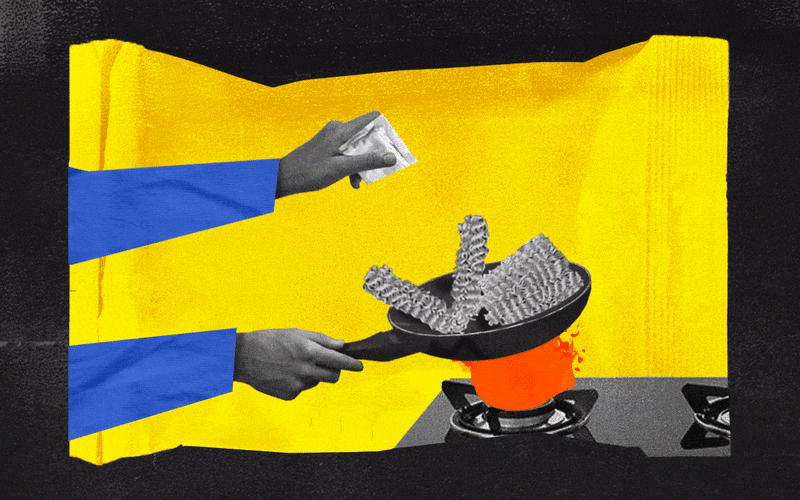In It’s Okay, we defend our most embarrassing, unpopular opinions.
The wild, wild west of toxic, regressive, and controversial ideas is situated in a bubble of opulence and privilege. Inside, live people whose opinions and actions are tone-deaf most times, and downright oppressive on other occasions. People are starkly problematic; they either think little or too much, or worse, they think too little about things that matter. This is not a malaise limited to the Kendall Roys and Kendall Jenners of the world; even immediate and familiar people, everyone from your school best friend to a distant aunt, are capable of inspiring a moral revulsion.
Problematic people are problematic for a reason, and thus they must deserve our staunch criticism and ire only. The individual and their politics sit together as one entity, inspiring a singular, absolute disdain.
Most times, we know this to be the absolute truth. But then slithers an errant emotion that may contradict all our values and beliefs in one fell swoop: an inexplicable form of sympathy that mildly understands and even dares to rationalize why people are the way they are. Rational counsel would tell us of the pitfalls: sympathizing with people who hold prejudicial opinions can distort our ideas to a point where we may condone their ignorance and prejudice, and skew the collective conscience even further. This can morph into an unquestioning sense of loyalty; in the process leading people to develop skewed moral compasses, toxic behaviors, or even abusive tendencies. These are tangible, proven dangers that jeopardize public, political, and personal health.
But the sympathy still flows. At the outset, this is not a case for defending abusers, misogynists, fascists, and people knee-deep in wealth built on oppression. But one for paying heed to that guilt that crops up within us about our imperfect politics.
For one, humans may be wired to forgive more than they forget. We do mental gymnastics to find ways of making sense of their actions, even justifying them, in a way that we package them in a gentler light.
Related on The Swaddle:
How Celeb Fan Culture Minimizes Accountability
It’s hard to separate the person from the context always, to find that one aspect of their identity that we relate with and understand on a visceral level. A star kid brought up in verdant greens of privilege gets hate for saying something tone-deaf? Maybe, maybe they had emotionally absent parents and never quite felt compelled to expose themselves to insight and perspective. This argument has loopholes more than one, but sympathy is an emotion that trickles when you least expect it.
It’s not so much so about making excuses for them but acknowledging that a part of us relates to their flaws. That we are flawed too. We speak of goodness and morality abundantly, setting up rightfully appropriate standards of functioning in an unjust world. But there’s no way to fix our flaws and individual inadequacies without recognizing that they do exist; only then does courage flow to do something about problems — our own and those of others. We can hold imperfect opinions and feel imperfect things. That’s step one of doing something about the “problem” the problematic person represents. Next comes actually admitting that sympathy, and perhaps even learning from it and finding room to grow around it.
Deconstructing our biases and unlearning them is a messy, long road. This makes self-awareness of individual guilt and flaws a powerful thing — it can reconcile the emotional fissures within and even empower one to fight bigger battles. Yet, when a culture insists on hiding away the parts that are “shameful,” we lose some of that momentum.
When we normalize the sympathy instead of condemning fellow sympathizers to cultural hallows, there could be interesting ways for the discourse to develop. For instance, we grimace at the mention of a “problematic” person, but rarely ever feel compelled to critique what exactly it is about them that falls uneasily in our social order. Problematic people in and of themselves present a structural problem, and any disdain of the former must channel into the latter aspect.
And arguably, we’re more than the sum of absolutes. Sympathy is little understood but widely claimed — it is a degree of compassion that is hard to hard to abstract into precise, particular categories. People are complicated and complex, and it’s okay to relate with someone on certain aspects while opposing others. If anything, it only shows how brilliantly versatile and expansive our emotional range is.




